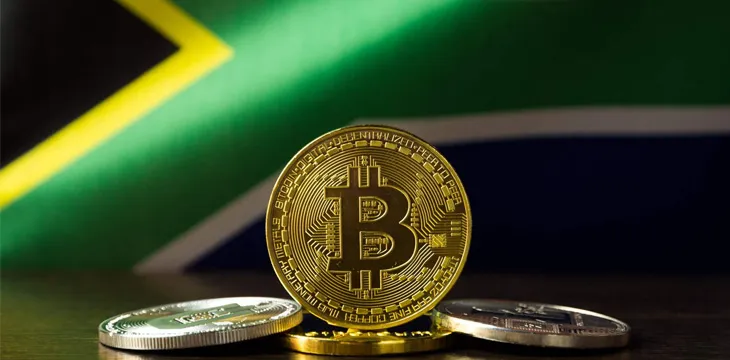|
Getting your Trinity Audio player ready...
|
Quidax, a European-based cryptocurrency exchange, recently launched its operations in Nigeria. Among its new objectives is a plan to educate and increase the level of understanding on blockchains and its technologies in the country.
While speaking at the Abuja Blockchain and Artificial Intelligence Roundtable (ABAR), Buchi Okoro, chief executive officer of Quidax, urged investors to take advantage offered by the emergence of cryptocurrency to grow their businesses and Nigeria’s economy. He also explained the importance of understanding this new technology and termed it as the “future currency.”
Okoro stated that the company was created to enable people to buy and sell cryptocurrencies easily with local currencies. He added that the goal of Quidax is to provide liquidity and tools to power cross-border remittances in the emerging markets.
Quidax will partner with the organizers of Abuja Blockchain and Artificial Intelligence Roundtable in their quest to enlighten Nigerians on blockchain and cryptocurrencies, according to the CEO. It will also continue to seek and develop new partnerships that will help fulfill their mission.
During the presentation, Quidax’s boss added that there is a need for regulations in the cryptocurrency space in Africa. Okoro further said that the industry had been underutilized because there was a lot of ignorance among the public.
The company mentioned that, to help with their agenda, they have created a platform that is easy and secure. The platform will allow Nigerians to trade six cryptocurrencies, but didn’t specify which six. The company plans to add more than 20 cryptocurrencies in the coming future.
In addition to educating the public, the company also plans to create employment opportunities for the unemployed population in Nigeria.
African exchanges forced to upgrade security systems
Criminal activities targeting crypto exchanges have been on the rise in the last couple of years. This has forced exchanges in the continent to take measures. According to recent reports, crypto exchanges have been forced to increase their security measures to avoid losing customer money to scammers and hackers.
Records show that the region has lost millions of dollars to criminals in the cryptocurrency space. The most notable crypto crime in Africa happened in March 2018. The incident involved a fraudster at BTC Global, a supposed cryptocurrency investment firm in South Africa. The scam involved 28,000 unsuspecting South African inventors. It is believed that the criminals made off with about 1 billion rand ($80 million). Investors were lured with promises of huge returns within a short period of time.
The decision to safeguard investors’ money will help reduces fraudulent activities in the continent. This move will help protect the growing cryptocurrency markets and build confidence of those who still have doubts about cryptocurrencies.
While speaking to reporters, Suleiman Murunga, the CEO of Ugandan exchange Coinpesa, said his exchange has faced numerous attempts to breach their system. He explained, however, that unlike most exchanges, Coinpesa’s security system has been able to withstand all these attacks.
Murunga added that to maintain a secure platform they are constantly using tools to track user behavior in order to spot suspicious activities. Coinpesa and other cryptocurrency exchanges have also stopped storing investor funds in hot wallets to reduce hacking attacks.
According to reports, when a breach occurs, exchanges are not always to be blamed. In some cases, breaches occur due to ignorance and negligence on the part of investors. For instance, before Zimbabwean exchange Golix closed down, hackers were able to gain access to 23 customer accounts by taking advantage of vulnerable passwords. No money was stolen in the attack; however, account owners noticed some changes on their account.
Nigeria has also suffered significant cyber attacks. A hacking group from Ukraine allegedly committed one notable attack that led to the loss of $50 million. Local scammers pretending to offer various crypto services have also become a major problem in the country.
Exchanges hope upgrading security features will help solve some of these problems.

 07-05-2025
07-05-2025 





